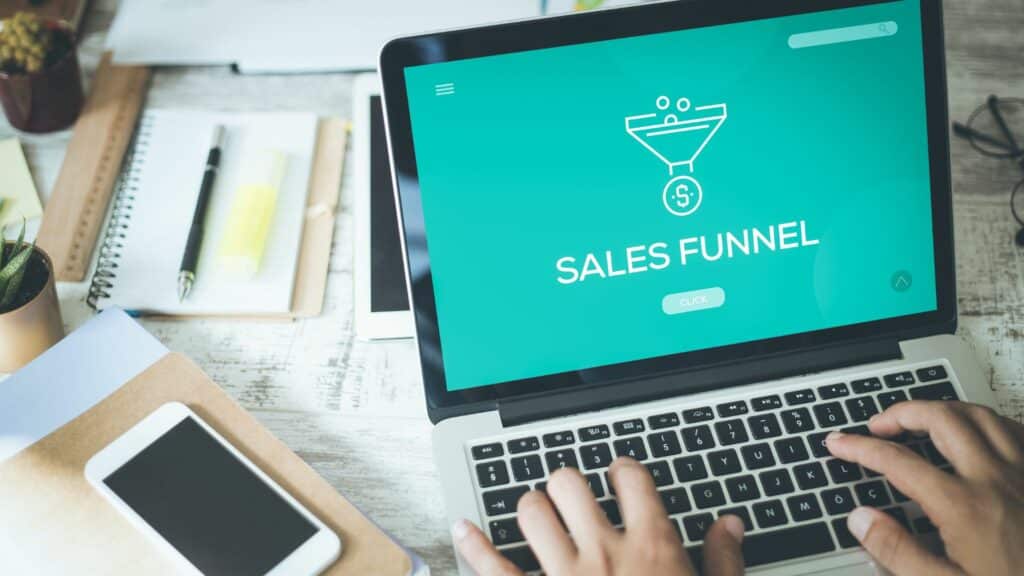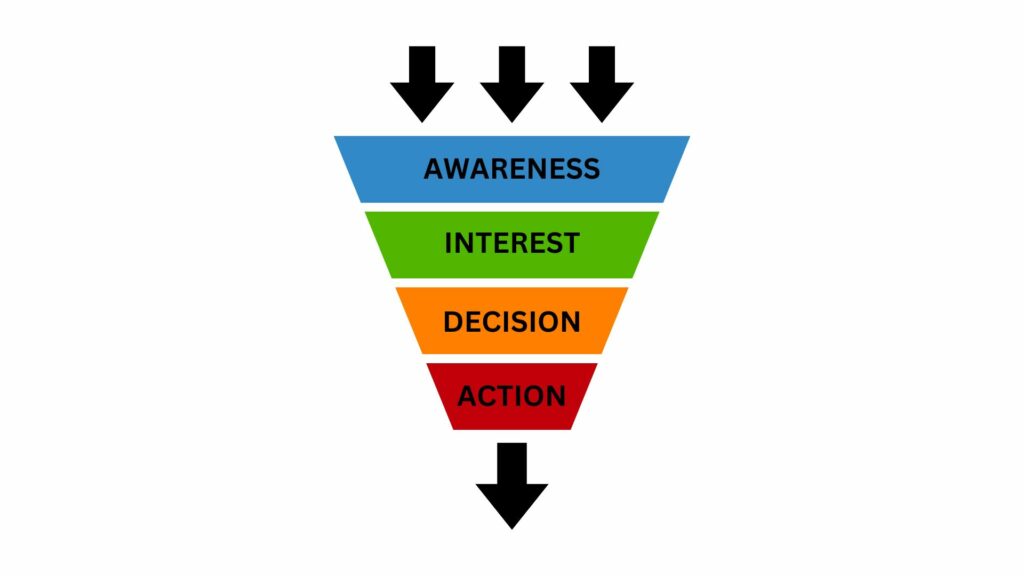
Are you a marketer looking for an effective way to convert your audience? Do you want to create a smooth customer journey that leads to more sales and happy customers? If so, then building an effective conversion funnel is the answer!
A conversion funnel is a journey customers take from initial contact with your brand through to completing a purchase or other desired action. It's an incredibly powerful tool for guiding prospects towards making that final sale. But how do you create a funnel that works?
With the right strategy, your funnel will work like a well-oiled machine, driving more conversions and helping you reach your goals. Read on to learn about building an effective conversion funnel for your business. You want to take advantage of this!
What is a Conversion Funnel?
As a marketer or salesperson, one of your main objectives is to guide potential customers through the conversion funnel and turn them into paying customers. To do this effectively, it's crucial to understand how the funnels work and identify where prospects are in their customer journey.
Conversion funnels track visitors' activity on a website, from when they enter to when they make a purchase. It is essential to monitor each step of the funnel and identify how long customers can move from one stage to another. This helps you pinpoint which parts of the funnel may be causing friction or slowing down conversions.
Importance of Conversion Funnel?
Conversion funnels visually represent the journey prospects take from discovery to conversion. A well-structured funnel can help businesses identify areas of improvement in their customer experience, optimise their digital marketing campaigns, and optimise website performance.
The following is a list of the importance of conversion funnels:
1. Identify Weaknesses in the Customer Journey: Helps identify any weak points that may be causing visitors to drop off during their journey from discovery to purchase. By visualising the customer journey, businesses can pinpoint where potential problems may lie and take steps to improve those areas.
2. Optimise Digital Marketing Campaigns: Can also be used to optimise digital marketing campaigns, such as email, display and social media. By understanding how customers interact with different channels, businesses can adjust their campaigns to target the right audiences and maximise return on investment (ROI).
3. Measure Website Performance: It is a great way to measure a website's performance. By tracking and analysing user behaviour, businesses can identify areas that need improvement and take steps to optimise the overall website experience.
4. Improve Lead Generation and Sales: With an effective conversion funnel strategy, businesses can generate more leads and ultimately increase sales. Businesses may create focused efforts that will be more successful at turning prospects into customers by knowing the customer journey.
Stages of a Conversion Funnel

Following these four conversion funnel stages, businesses can effectively guide potential customers through their buying journey and turn them into loyal customers. These are the four stages of a conversion funnel:
- Awareness Stage. Potential customers become aware of your brand or product. This is achieved through various marketing tactics such as advertising campaigns, social media outreach, blog posts, etc. It is essential to grab the attention of potential customers in this stage to start the process.
- Interest Stage. Potential customers are intrigued by your product or brand and show interest in learning more. The content at this stage should provide helpful information to build customer interest further. This can be done through educational blog posts, videos demonstrating the features of a product, detailed descriptions of services offered and more.
- Decision Stage. Customers have sufficient knowledge about your product or brand and are ready to move forward with a purchase. Content should be tailored to meet their needs and desires at this stage. This could include reviews from customers who have already purchased the product or service, comparisons to competing products or services, special offers and more.
- Action Stage. Potential customers are now convinced and taking action. The content in this stage should be focused on providing an easy path to purchase to close the sale. This could include a clear checkout process, simplified payment options, coupons or discounts for immediate purchases and more.
Businesses can effectively create customer loyalty, increase their ROI, and achieve long-term success by leveraging the four stages of a conversion funnel.
How to build an effective conversion funnel?
Creating an effective conversion funnel is essential for any online business. Here are some tips to help you build an effective conversion funnel:
1. Define Your Goals: Before creating your conversion funnel, it's essential to define your goals. What do you want to achieve with your conversion funnel? Are you looking for more leads, higher sales or increased engagement on social media? Knowing what your goals are will help you create a funnel that is tailored to meet those objectives.
2. Identify Your Audience: Once you have determined your goals, the next step is identifying your audience. Who are the people that you're targeting with your conversion funnel? Knowing your target audience will help you tailor your content to them, increasing the chances of a successful conversion.
3. Create Engaging Content: Content is vital in creating an effective conversion funnel. Creating engaging content that pulls in leads and keeps them interested is essential. Make sure your content is relevant, informative and valuable to your audience.
4. Optimise Your Funnel: Once you have created your funnel, it's essential to optimise it. A/B testing tools and analytics will help you determine which elements of your funnel work best and make adjustments as needed.
5. Track Your Results: Finally, tracking your results is crucial. Keep an eye on the performance of your funnel and make changes as needed. This will help you better understand what is working and what isn't so that you can adjust accordingly.
Conclusion
In conclusion, a conversion funnel is a powerful tool that can be used to optimise your online marketing efforts. It enables you to track and measure the effectiveness of each step in the customer journey and make informed decisions about improving your website's usability and user experience.

